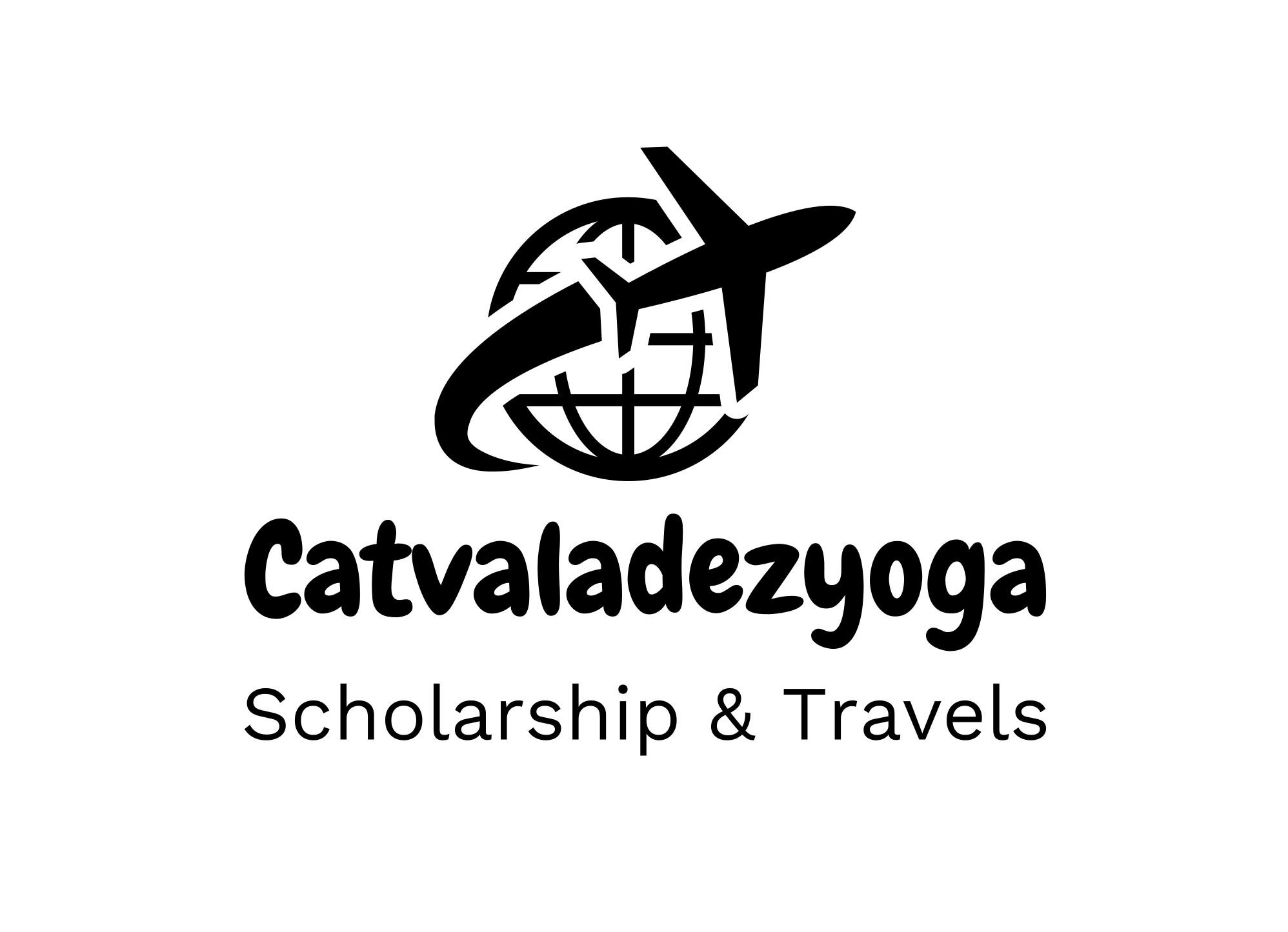Description : Study visa, we provide all the information and forms you need to get your Canadian student visas approved quickly! Trust us for stress-free fast processing of applications.
Access To a Canadian Study Visa
Study Visa is Necessary For those wishing to pursue their studies in Canada.
It allows foreign students to remain legally and continuously on Canadian soil while enrolled at an approved educational institution or programs as well as for immigration purposes.
Those who wish to apply for the study permit must demonstrate that they have enough money available throughout their stay along with fulfilling other conditions such as having medical insurance.
They are also required to comply with regulations under both federal and provincial legislation during their time of residence in order not only take full advantage of every learning opportunity but also provide maximum safety for themselves, fellow classmates, teachers etc from any potential harm caused by unforeseen events .
How to Obtaining a Canadian study Visa
Obtaining a Canadian Study Visa involves several steps, Here are some cost-effective and secure steps to help you with the process:
- Research and Choose a Designated Learning Institution (DLI): Research Canadian universities or colleges that offer your desired program.
- Choose a DLI from the list provided by Immigration, Refugees, and Citizenship Canada (IRCC).
- Meet Eligibility Requirements: Ensure you meet the eligibility criteria, including proof of funds, no criminal record, and good health.
- Take any necessary language proficiency tests, like IELTS or TOEFL.
- Prepare Required Documents: Gather all necessary documents, including your Letter of Acceptance from a DLI, proof of funds, passport, and passport-sized photos.
- Online Application: Create an online account on the official IRCC website.
- Complete the study permit application form and pay the application fee.
- Biometrics and Medical Examination: Attend a biometrics appointment if required.
- Undergo a medical examination if requested by IRCC.
- Attend an Interview (if necessary): Some applicants may be asked to attend an interview at a local Canadian embassy or consulate.
- Wait for Processing: Processing times vary, so monitor the status of your application online.
- Financial Planning: Be mindful of your finances to ensure you meet the financial requirements for your stay in Canada.
- Secure Accommodation: Arrange accommodation before your arrival in Canada, which can help save costs.
- Study and Comply with Visa Conditions: Once you receive your study permit, ensure you adhere to the visa conditions and maintain good academic standing.
- Work Part-Time: You may be eligible to work part-time while studying, which can help cover expenses.
- Explore Scholarships and Financial Aid: Look for scholarships and financial aid options to reduce the financial burden.
The cost-effective and secure processing of your Canadian Study Visa depends on thorough research, accurate documentation, and compliance with IRCC
Questions You will be asked During your Study Visa applications
Common study visa interview questions and suggested answers:
-
What is the purpose of your trip?
- Answer: “I am applying for a study visa to pursue [name of your program] at [name of the university/college].”
-
Why did you choose this specific course and institution?
- Answer: “I chose this course because it aligns with my career goals, and [name of institution] is renowned for its expertise in this field. It offers the resources and opportunities I need to excel.”
-
Have you received admission to the university/college?
- Answer: “Yes, I have been accepted into [name of university/college] for the [program name] starting in [start date]. I have my admission letter as proof.”
-
How will you fund your education and living expenses abroad?
- Answer: “I have secured funding through a combination of personal savings, scholarships, and financial support from my family. I can provide bank statements and scholarship letters as evidence.”
-
What are your post-graduation plans?
- Answer: “Upon completing my studies, I plan to return to my home country and apply the knowledge and skills I’ve gained to contribute to its development.”
-
Do you have any ties to your home country that will ensure your return after your studies?
- Answer: “Yes, I have strong ties to my home country, including family, property, and a job offer waiting for me after graduation. I am committed to returning.”
-
Have you ever been to [the country you’re applying to]?
- Answer: “No, this will be my first time visiting [country name]. I am excited about the opportunity to experience a new culture while pursuing my education.”
- What will you do if your visa application is denied?
- Answer: “I am confident in my eligibility for this visa, but if, for any reason, it is denied, I will consult with the visa officer for feedback and reapply with any necessary adjustments.”
-
Can you prove your proficiency in the language of instruction?
- Answer: “Yes, I have taken the [name of language] proficiency test and have achieved [test score]. I am prepared to study and communicate effectively in [language].”
- Do you have any previous travel history?
- Answer: “I have traveled to [list any previous countries you’ve visited] for tourism and have always returned within the permitted time frame. I have a clean travel record.”
FAQS ON STUDY VISA
frequently asked questions (FAQs) related to study visas:
- What is a study visa?
- A study visa is a document issued by a country’s government that allows foreign students to enter and study in that country for a specified period.
- How do I apply for a study visa?
- The application process varies by country, but generally, you’ll need to submit an application form, provide required documents (such as acceptance letters from educational institutions), pay fees, and attend an interview, if necessary.
- What documents are typically required for a study visa application?
- Commonly required documents include proof of acceptance from a recognized institution, financial documents, a valid passport, visa application forms, and passport-sized photographs.
- How long does it take to get a study visa?
- The processing time varies by country and can range from a few weeks to several months. It’s advisable to apply well in advance of your intended start date.
- Can I work while on a study visa?
- Many countries allow international students to work part-time during their studies. However, the number of hours and conditions can vary, so it’s essential to check the specific rules of your host country.
- Can I bring my family with me on a study visa
- Some countries allow dependents (spouse, children) to accompany you on a study visa, but this depends on the country’s regulations. You’ll need to meet specific criteria and apply for their visas accordingly.
- What happens if my study visa expires before I finish my program?
- You’ll typically need to apply for an extension or a new visa before your current one expires. Overstaying your visa can lead to legal consequences.
- Can I travel to other countries while on a study visa?
- You may be able to travel to other countries during your study period, but you should check the visa regulations of both your host country and the countries you plan to visit. Sometimes, additional visas or permits are required.
-
What should I do if my study plans change or my visa is denied?
- If your plans change, it’s essential to inform the relevant authorities and your educational institution. If your visa is denied, you can often appeal the decision or reapply after addressing the issues that led to the denial.
- How can I maintain my study visa status?
- To maintain your study visa status, you typically need to attend classes regularly, achieve satisfactory academic progress, and comply with the rules and regulations of your host institution and country.
- Can I work in the host country after completing my studies?
- Many countries offer post-graduate work permits that allow international students to work in the country for a certain period after completing their studies. This can vary by country, so check the specific regulations.
- What should I do if I want to extend my stay for further studies or work after completing my program?
- If you plan to continue your studies or work after completing your program, you’ll likely need to apply for a different type of visa or permit. Consult with immigration authorities for guidance.

